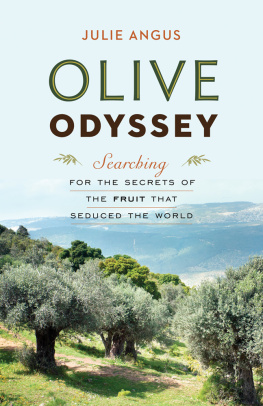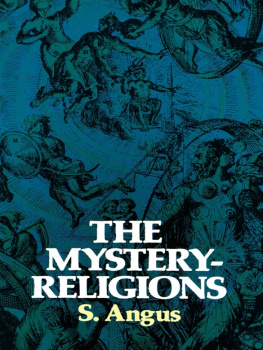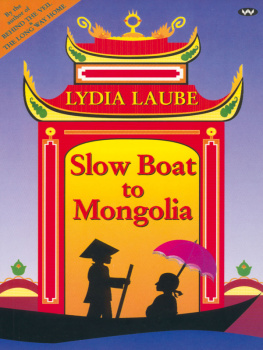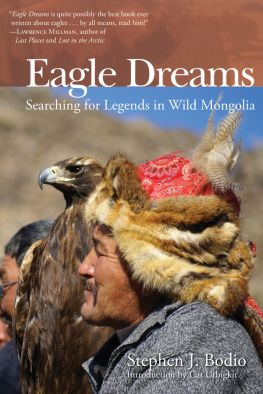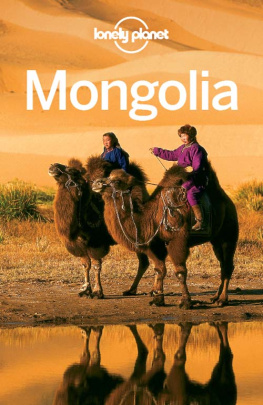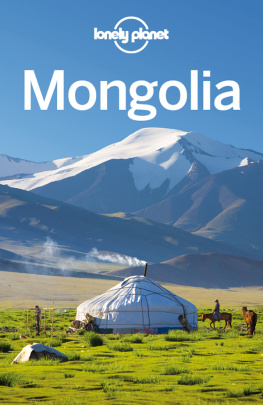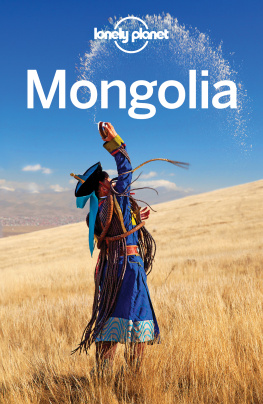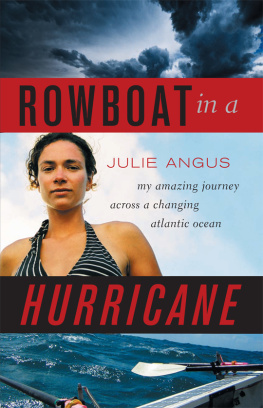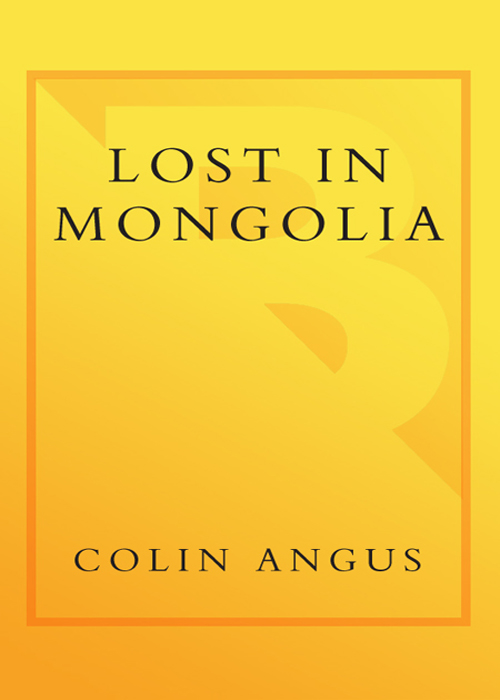
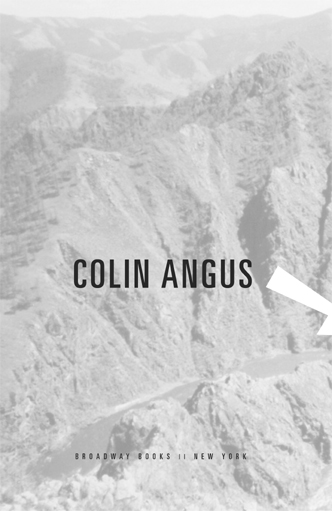
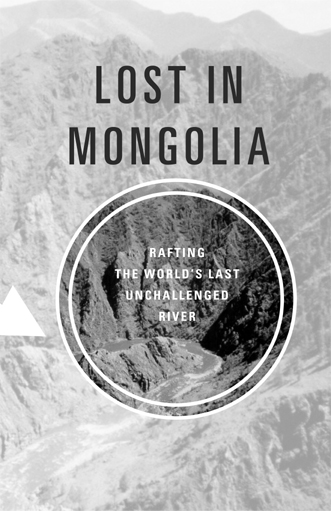
CONTENTS
I would like to dedicate the book to
the men and women on the shores of the Yenisey
who helped us on our way.
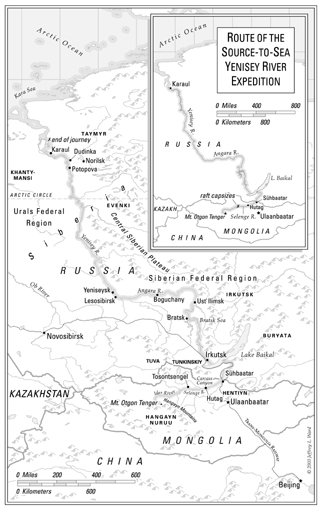
TWO YEARS EARLIER...
August 22, 1999
The Nile, the Amazon, the Yangtze, and then the Mississippi.
So whats number five then? I asked.
Ben looked up from the National Geographic Atlas. The Yenisey River.
Id never heard of the Yenisey, yet it was listed as the fifth-longest river in the world. According to the map, the Yeniseys headwaters were in the heart of central Asia and its mouth was 3,450 miles to the north, on the Arctic Ocean. Had anyone ever traveled its full length? Through what kind of landscape did it flow? My imagination conjured up scenes of a thunderous whitewater torrent on its way to the sea, dashing down the flanks of the Hangayn Mountains, roaring through steep-sided canyons, and cutting across expanses of frozen tundra peopled with nomads who lived in tepees.
It looks like Camana, on the coast of Peru, would be the best place to start, Ben said.
We were in the Banff Public Library researching our upcoming expedition down the Amazon River. We were due to leave in two weeks, and it was no time to be daydreaming about other rivers.
Bens face was tanned from the weeks wed spent honing our whitewater rafting skills in the Rocky Mountains. Underneath the healthy glow, though, a world-weary tiredness had set in. His curly hair was slightly greasy and hung listlessly across his forehead and over his ears. Large, dark bags hung below his bloodshot eyesthe result of too much worry. I knew my own face looked about the same.
We were about to run one of the worlds greatest rivers, and we were counting pennies and budgeting beyond belief.
I filed the Yenisey River in the back of my mind and devoted my attention to the maps of South America in front of me. Still, a seed had been planted.
February 28, 2001
More than a year later, after wed run the Amazon, Terry Spence, the radio host at CFAX in Victoria, B.C., leaned closer to his microphone and said, Tell me now, Colin, why is it that you want to travel a riverwhich nobody has ever heard ofthat flows through remotest Mongolia and Siberia? Wasnt the Amazon enough for you? I mean, you guys were almost killed in South America. Havent you heard of gardening or cricket?
I laughed. What could I say?
It was true. We had successfully completed our voyage down the Amazon, facing death on numerous occasions. Many people believed that it was blind luck that had carried us across South America from the Pacific to the Atlantic Ocean. Maybe, but we accomplished what we had set out to do: We had traveled the length of one of the most famous rivers in the world. We had voyaged every inch of it, from its source in the remote mountains of Peru to the northeastern shoulder of Brazil, where it finally empties into the Atlantic Ocean.
In spite of the pain, the rot, the smell, the arguments, the gunshots, and the altitude sickness, I had never felt so alive or engaged. You cannot capture that feeling in a photograph or on videotape, or adequately convey it in wordsmuch less experience it on one of those tourist bus excursion trips. It wasnt just the dramatic scenery and the fascinating people that had left their mark on me. It was the unique way in which, the more I shared time with the riverfive months in totalthe more I came to feel and respect its spirit and energy. That is what was tattooed on my soul.
For me the Amazon offered a view of the world that could never be re-created by a textbook or a documentary. The river ran past both the squalid and the sublime with indifference, offering to each a constant but ever-changing face. Old man river truly rolled alonga mile wide sometimes, swollen with the runoff of a continent. It was both creator and destroyer, depending on its mood. Its banks were testament to its generosity and its rage. It carried us through folded, rugged countryside, its currents sweeping us along like riders on the back of some giant, serpentine beast.
A river is the lifeblood of the land it flows through. Few parts of the earth are untouched by the sculpting force of water. Every organism is part of an intricately woven network of life that is nurtured by a watershed. The sap that rises in the trunk of a eucalyptus tree and the blood that pumps in the heart of an iguana are essentially the same fluid that permeates and flows across the landscape, that saturates the atmosphere and falls from the sky.
Rivers have always been key to the development of complex societies and the rise of civilizations. Irrigation, transportation, hydroelectric power, and food are a few of the gifts a river offers. That is why they fascinate me. Whether they are mythical rivers such as the Styx, historic rivers such as the Rubicon, or the mighty rivers of my homeland, such as the Fraser, I am compelled to learn all I can about them and experience them as fully as possible. From the moment it occurred to me that nothing was holding me back, I had to live and breathe the Amazon River, not just learn about it from books.
When I read Steinbecks Cannery Row as a boy, I envied the idle lives of the indigent characters. Sitting on a dock, feet dangling in the water, tippling on a jug of wineto my young mind it seemed the perfect lifestyle. That was before I felt the pull to explore and achieve. Whether this drive is conditioned or genetic, I have come to believe that in life you must strive to achieveor your spirit will fade.
Our time on the Amazon provided me with the best of both worlds. I dangled my feet in the water, sipped the wine, and drank in scenery day after day while running a gamut that stretched from jagged, sky-scraping, snowcapped peaks to the worlds largest expanse of lush tropical rain forest. At the same time, we remained focused on our goalto become only the third team ever to run the length of the Amazon. The joy of completing that journey and the excitement of the accomplishment stoked my desire to run another river.
In some respects I was even more excited about our proposed five-month journey down the Yenisey River. Like the Amazon it would offer a raw, firsthand experience of varied geography and cultures. The big difference between the two rivers was the amount of information available. After exhaustive research on the Yenisey, we had been able to glean just a fraction of the knowledge we had gathered on the Amazon. Large sections of the river, especially the headwaters, were nothing more than a question mark in our minds. I felt our Yenisey expedition would be as close to true exploration as was possible in the modern world.
The excitement of venturing into unknown territory comes with a price. It would be much harder to make advance preparations since we could not anticipate all the situations we would be up against. The waterfalls and rapids could be so dangerous that it would be impossible for us to make it through alive. We were even unsure as to where we would be able to reprovision. Another big question was, how would we get home after reaching the end of the river? No matter how long we searched the Internet or pored over library books, there were a lot of unanswered questions.
Next page

